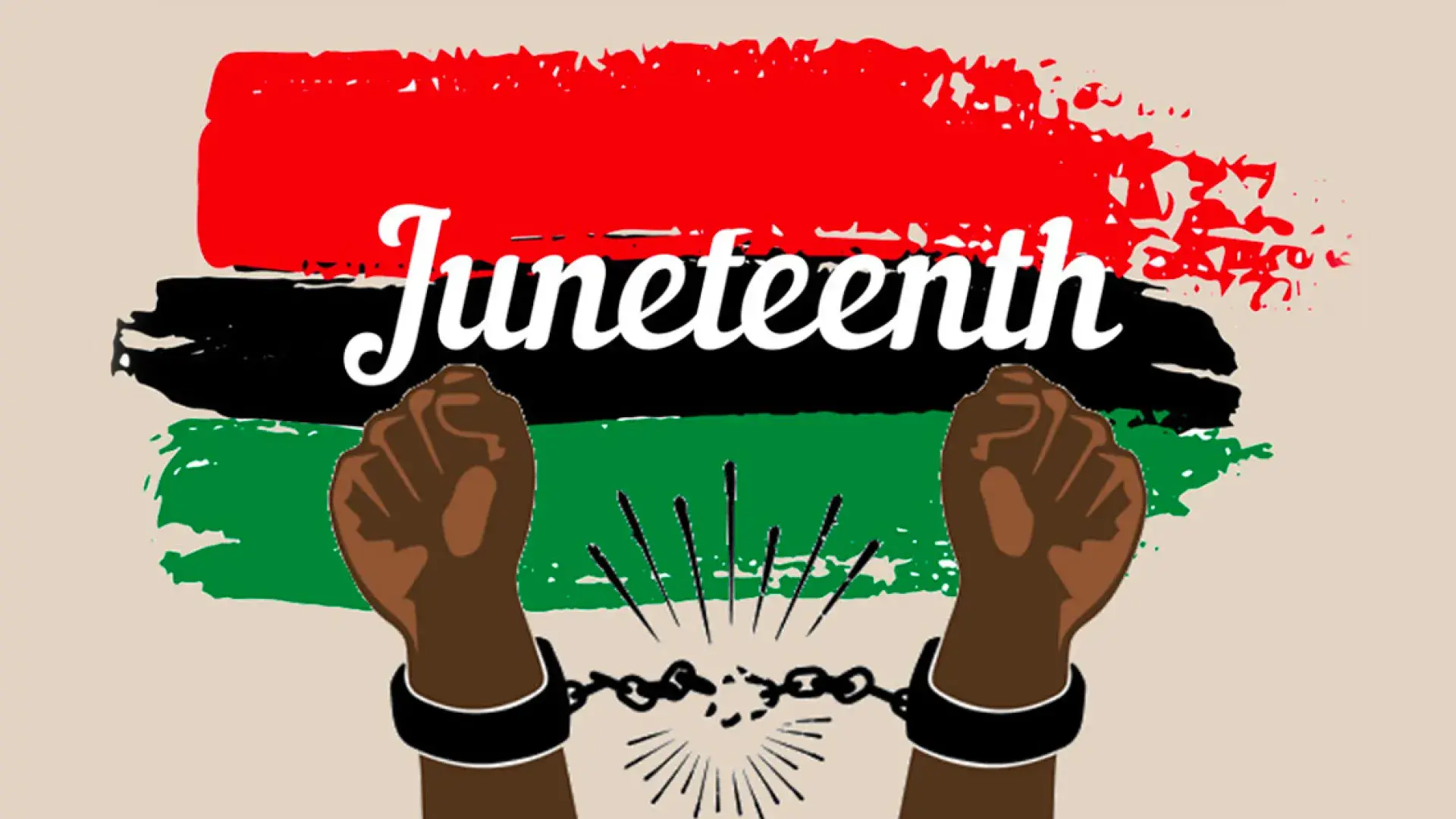
President Paula Milone-Nuzzo highlights the advocacy and leadership surrounding the holiday, discusses the changes that have come, and acknowledges there is so much more to do.
This is the second time I am writing to the IHP community in celebration of the Juneteenth holiday.
Both times now, I have gone to the literature to learn more about the history, meaning, and significance of the holiday. And both times, I have been educated about how important this day is for recognizing the emancipation of slaves and the freedom for so many who knew only a life of slavery.
On June 19th, 1865, enslaved African Americans in Texas were told more than two years after the Emancipation Proclamation was signed that they were free. However, it has taken us more than 150 years and a series of horrible, race-related events involving the deaths of Emmett Till, George Floyd, Breonna Taylor, Ahmaud Arbery and countless other people of color for the country to recognize the significance of this event. On June 17, 2021, President Biden signed legislation making Juneteenth a federal holiday. Today, all 50 states recognize Juneteenth in some way and for that, we should all rejoice.
As I reflect on Juneteenth this year, I began thinking about the pathway to recognition at this critical time in the history of our country. While the racial reckoning of 2020 and 2021 was a significant impetus for change, I can’t help but think of all those whose work and activism made this recognition real and possible. Take Opal Lee, who is said to be the “Grandmother of Juneteenth.” In 2016, the 89-year-old Lee made it her mission to bring national awareness to the importance of this day. She launched “Opal’s Walk 2 DC” to drum up support to have Juneteenth recognized as a national holiday. Today, at age 95, Lee still walks the last 2.5 miles to DC each year to advocate for the expanding knowledge of and appreciation for this holiday.
I am inspired by the advocacy and leadership of those who are seeking to educate us about this holiday including our 2010 graduate Elizabeth Hylton, who was successful in her bid two years ago to have the Zakim-Bunker Hill Bridge in Boston and the Kenneth F. Burns Memorial Bridge in Worcester lit up in red, yellow, and green Pan African colors in recognition of Juneteenth. I am encouraged by the work of our JEDI office whose work has helped us to see our biases, educate our students through a lens of anti-oppression, and advocate for a better future.
As I have said many times, we are on a journey together and we need to recognize and celebrate the changes we have made while acknowledging that we have so much more to do. The most important component is that we are committed to the journey of improvement. Join me in learning all you can about Juneteenth and reflecting on how we can all be advocates and leaders for justice and equity, just as so many have done before us.
